(Dobbs) I Would Take Cheney Over Trump In A Heartbeat
Although for Iraq, he should never be forgiven.
There was a time when I thought Dick Cheney was the most evil politician in America.
Then Donald Trump replaced him. It wasn’t even close.
But more than 22 years ago, when Trump wasn’t even a reality TV star quite yet and, in the wake of 9/11, the U.S. invaded Iraq, Cheney was the unchallenged leader.
It seemed very clear that in the interest of his personal objectives, namely, to spread democracy throughout the world, he lied about the circumstances that sucked us into the ill-fated war. Although he had enabling cohorts and a too-trusting president, it was Cheney who never questioned his own mission, even when its recklessness was as plain as day.
Just a year after the invasion, already having failed in the search for weapons of mass destruction that he had used as an original justification for the war, he turned to a new rationale: he told the World Economic Forum in Davos, Switzerland, “We must confront the ideologies of violence at the source, by promoting democracy throughout the greater Middle East and beyond.” A noble goal, but he let that blind him to the reality that in some nations, where society was riven by tribal rivalries and religious friction, democracy wasn’t in the cards, and America’s efforts to force it anyway wouldn’t universally be warmly welcomed.
More than 4,500 Americans and up to an estimated million Iraqis died in the war. Eventually we learned that Cheney and his true believers had cherry-picked and arguably invented intelligence to validate it, but Dick Cheney never apologized. To the contrary, he wrote in his book in 2015, “Exceptional: Why the World Needs a Powerful America,” that the invasion had been “the right call.” By then, the folly of the war was obvious to many on all sides of the aisle. But Cheney still insisted, “We were right to invade and remove him (Saddam Hussein) from power.”
That’s what made him evil. Saddam himself was evil down to his bones, but that didn’t give America the right to wage war to remove him, not when it turned out he was not behind the massacres of 9/11. Cheney developed, then defended, the indefensible. It was because of Vice President Cheney, more than anyone else in the Bush Administration, that America’s treasures of men and women and money diminished, and America’s standing in the world declined.
He should never be forgiven.
But he also should never be forgotten for the principles he promoted years later.
After Donald Trump inspired and encouraged the Capitol riots on January 6th, 2021, then ran again for president in 2024, Cheney said publicly, “He tried to steal the last election using lies and violence to keep himself in power after the voters had rejected him. He can never be trusted with power again.” What was amazing was, he said it as a part of his endorsement of Kamala Harris. He was a former chief of staff to a Republican president, a former defense secretary to another Republican president, then even the vice president to a third Republican president, but he came out for Harris.
That took political guts— a quality he passed on to his daughter Liz, who sacrificed her promising career as a Republican leader in Congress by pushing for the truth behind Trump’s role in that January 6th insurrection.
It might have seemed like no surprise that Dick Cheney would speak up for Harris— Trump had mercilessly trashed the Bush-Cheney administration. But Trump also had trashed the likes of Mario Rubio and Ted Cruz and Lindsay Graham and others but like toadies, they came back around to embrace him. George W. Bush did famously turn to Hillary Clinton after Trump’s first inaugural speech in 2017 and say, “That was some weird shit.” But beyond that, he never did much to try to stop Trump’s ascent to power.
Dick Cheney did.
In his Harris endorsement, he also said, “There has never been an individual who is a greater threat to our republic than Donald Trump. As citizens, we each have a duty to put country above partisanship to defend our Constitution.”
Dick Cheney did.
Two quick stories about my own interactions with Cheney. The first was in 1990 during the run-up to the first Gulf War when, for only a few weeks between trips to Saudi Arabia, I was assigned to cover the Pentagon. One day I was wandering the halls looking for news— a practice the Trump Administration has now forbidden— and Defense Secretary Cheney was coming the other way. I stopped him to ask about a few things. He didn’t know me, I wasn’t a regular at the Pentagon, but he stood with me for five minutes or so and answered every question I asked.
I was impressed.
The second was during the Bush-Cheney re-election campaign in 2004. After spending a few days with President Bush campaigning in the Northeast, I joined the Cheney campaign in the upper Midwest, and watched him hold small roundtables with members of the public. By now I had labeled him as an evil man but he came across as everyone’s kindly grandfather. He was scary warm, scary down-to-earth, scary likable.
I was surprised.
His legacy will not go away. But neither will his principled positions, albeit late in life, to stand up for the Constitution, to stand up for American democracy.
I would take him over Donald Trump in a heartbeat.
Over more than five decades Greg Dobbs has been a correspondent for two television networks including ABC News, a political columnist for The Denver Post and syndicated columnist for Scripps newspapers, a moderator on Rocky Mountain PBS, and author of two books, including one about the life of a foreign correspondent called “Life in the Wrong Lane.” He also co-authored a book about the seminal year for baby boomers, called “1969: Are You Still Listening?” He has covered presidencies, politics, and the U.S. space program at home, and wars, natural disasters, and other crises around the globe, from Afghanistan to South Africa, from Iran to Egypt, from the Soviet Union to Saudi Arabia, from Nicaragua to Namibia, from Vietnam to Venezuela, from Libya to Liberia, from Panama to Poland. Dobbs has won three Emmys, the Distinguished Service Award from the Society of Professional Journalists, and as a 39-year resident of Colorado, a place in the Denver Press Club Hall of Fame.
You can learn more at GregDobbs.net

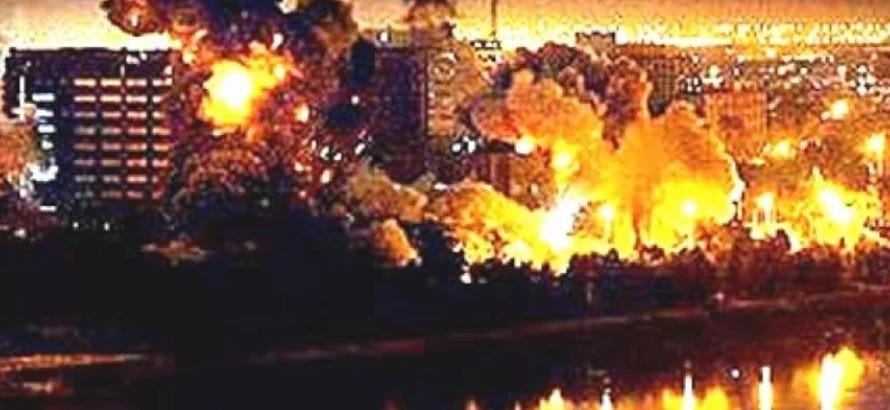
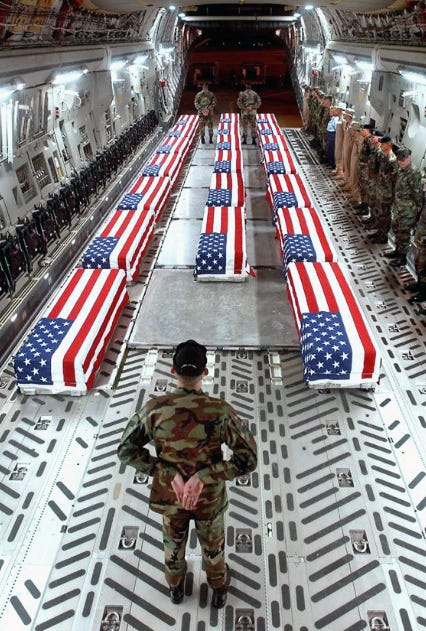
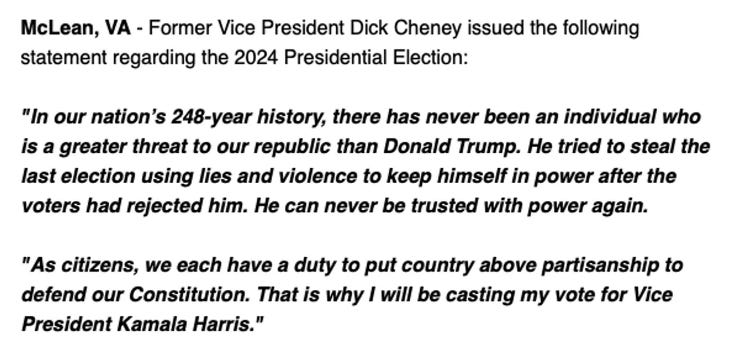
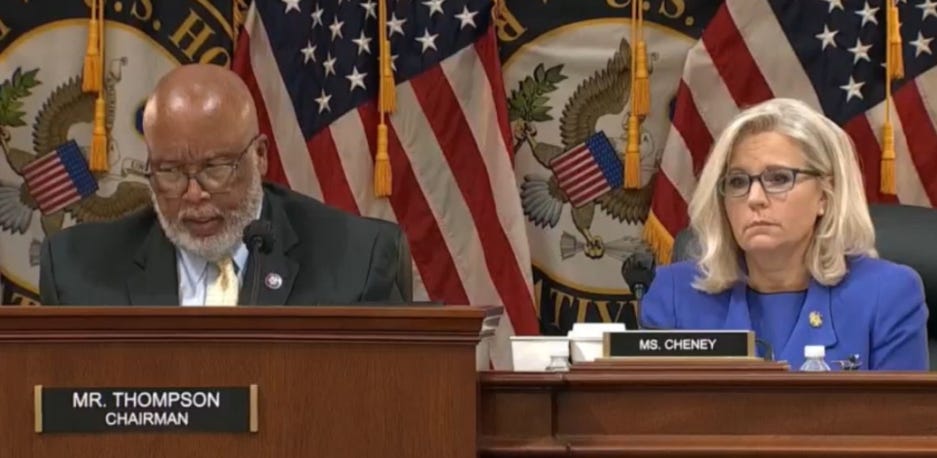
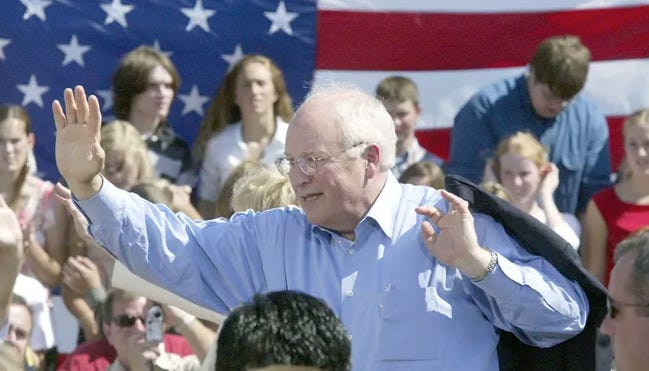
Vero!
Assessing the lesser of two evils is always a game of futility.